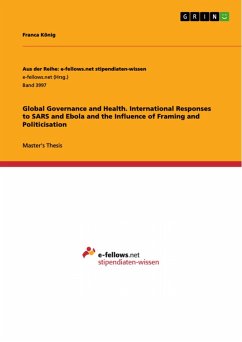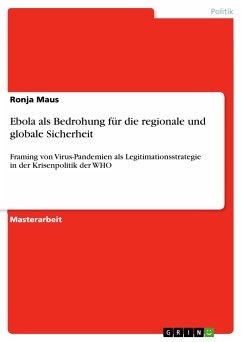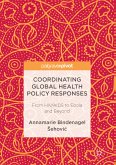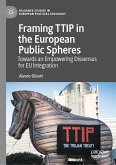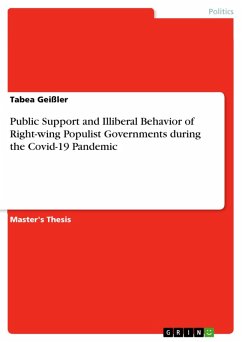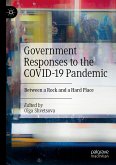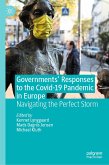Master's Thesis from the year 2015 in the subject Politics - International Politics - Topic: International relations, grade: 75,0 (Auszeichnung), Oxford University (Oxford Department of International Development (ODID)), language: English, abstract: The paper asserts that politicisation and framing can offer a valid explanation for Global Governance in pandemic crises, and accordingly investigates how both affected the international responses to SARS and Ebola. The author argues that-even in the allegedly rational scientific field of health-policymakers engage in framing in order to cope with uncertainty of international crises through categorising epidemic outbreaks and prescribing a particular course of action. Tracing the evolution of both epidemics, the paper identifies five frames, namely "securitisation of medicine", "medicalisation of insecurity", economics, human rights and development. The author holds that they significantly impacted the sense-making phase of the evolving epidemics and thereby determined the extent or lack of collective response. In the face of uncertainty of pandemic crisis, the triangular relationship between policymakers, the public sphere and accountability can offer a more elaborate account of crisis management and collective action, as political frames become important as sense-making vehicles within broader global governance processes and can best explain policy responses. Under the WHO six-phased classification scheme, both the 2003 SARS epidemic and the 2014 Ebola epidemic qualified as phase five and thereby should have triggered comparable immediate international containment efforts. The divergent outcomes-effective collective response in the case of SARS and crisis protraction with regards to Ebola-are therefore especially striking. Whereas SARS remained limited to around 700 deaths, Ebola had already killed more than 1,400 people by the time that the WHO first acknowledged the epidemic.
Dieser Download kann aus rechtlichen Gründen nur mit Rechnungsadresse in A, B, BG, CY, CZ, D, DK, EW, E, FIN, F, GR, HR, H, IRL, I, LT, L, LR, M, NL, PL, P, R, S, SLO, SK ausgeliefert werden.

